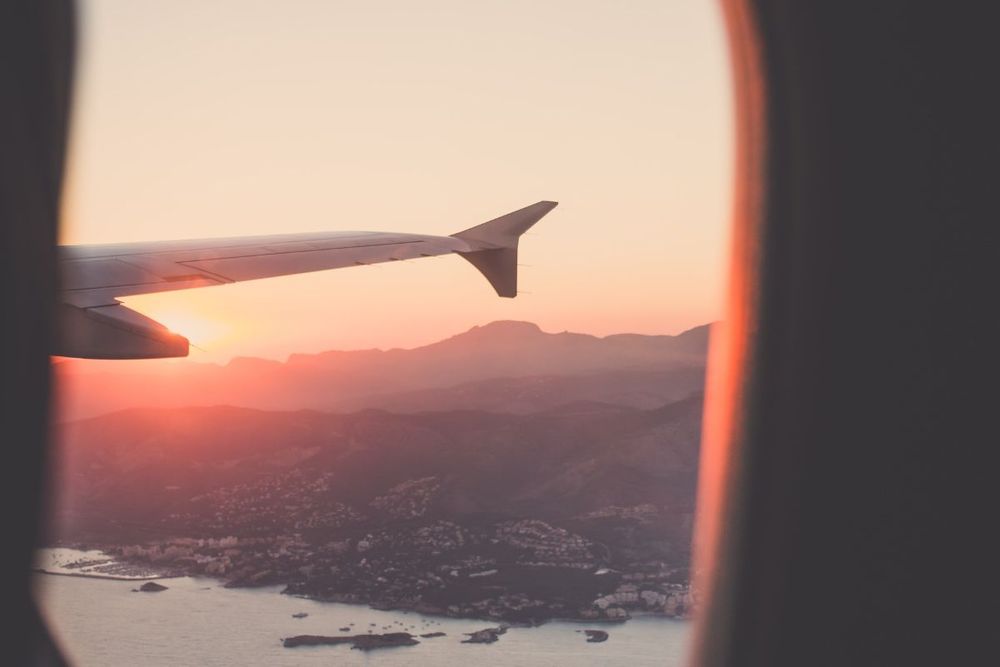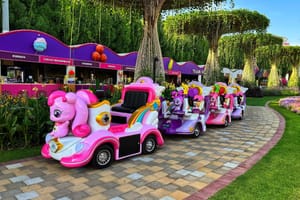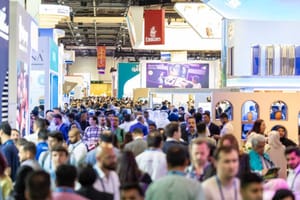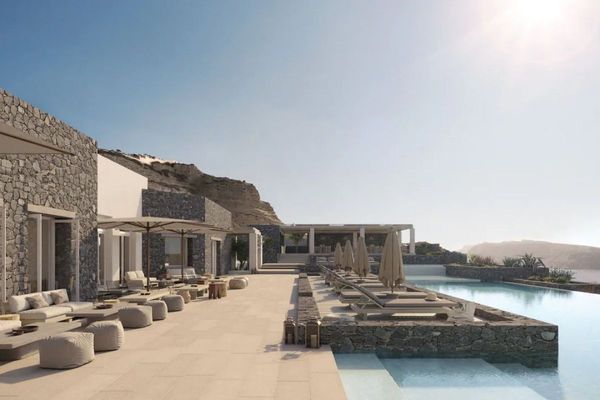We are seeing evident and imminent signs of rebound in luxury travel – particularly in markets with huge, affluent domestic demands and when Covid-19 cases fell dramatically which eased travel restrictions. ‘Revenge travel’ to luxury hotels has sprung from the growing demand for domestic luxury products.
Here are some of the key trends we should look forward to in the coming year:
- Longer stays with greater propensity to spend and indulge: Months of lockdowns and travel restrictions will entice travellers to splurge on their long-awaited post-pandemic trips. This ‘revenge consumption’ phenomenon has fuelled desires for new levels of indulgence. Luxury hotel operators, owners and asset managers have reported huge upswings in demand whenever restrictions loosen, with guests registering greater length-of-stay durations. How long this lasts will depend not just on whether a travel product is deemed luxurious or indulgent enough but also on how they adapt to meet the luxury travel segment’s changing needs, priorities and expectations – several of which will be further elaborated.
- Immersion in ‘restorative escapism’: The pandemic has left an adverse impact on mental health. People now derive restorative benefits from travel, suggesting a complete rethink and transformation of health and wellness in the luxury travel sphere. No longer defined by gym workouts, meditation practices and mindful meals, travellers crave authentic, deeper and more meaningful interactions on their trips. Wellness will now pivot to the well-being and possibly manifest from the growth of single travellers, solo trips and more unorthodox or ‘obscure’ holiday destinations now available. At GHM, we aim to deliver these experiences and more through The Serai, our new well-being and lifestyle brand launching next year – it will set new benchmarks in play and recreation, work symbiotically with the destination’s community and elevate the entire well-being experience.
- Changes in luxury hotel products and services to meet the hybrid work model: The pandemic has blurred the lines between work and leisure. Workcations are now a new norm. Luxury hotels and cruise lines need to revisit ways of conceiving rooms and restaurants, public area designs and future functionality. Greater flexibility of spatial usage, inclusive in-room wellness elements, better ventilation and smart technology adoption such as touchless controls will be some key considerations taking on a renewed sense of purpose. Hotel spaces will now become living spaces.
- Unprecedented interest in sustainable travel and playing one’s part in contributing back to the community: Sustainability is increasingly important to luxury travellers, particularly the Millennials and Gen-Z. How comprehensively luxury hotels adopt this mantra to create effective brand stories will determine the edge they carry in attracting these segments. It is insufficient to simply save on soap bars or cut down on single-use plastics alone. Working with like-minded local businesses, contributing to each destination’s community, strengthening collaborations between tourism entities and local start-ups and working to protect Mother Earth’s ever-diminishing bounties are just some factors we need to better consider and manifest.
- Hyper-personalisation: Although willing to pay more, luxury travellers expect a more diverse repertoire of experiences in return. With greater spend per stay and longer trips, travellers will crave more personalised and bespoke itineraries, services and amenities. Hyper-personalisation will entail investing more into smart technology to arrive at big data and algorithms for distinct, more detailed guest profiles. We can then better anticipate guests’ unique needs and expectations and deliver on them across a myriad of hotel and customer touchpoints.
News Source: Travel & Tourism News









